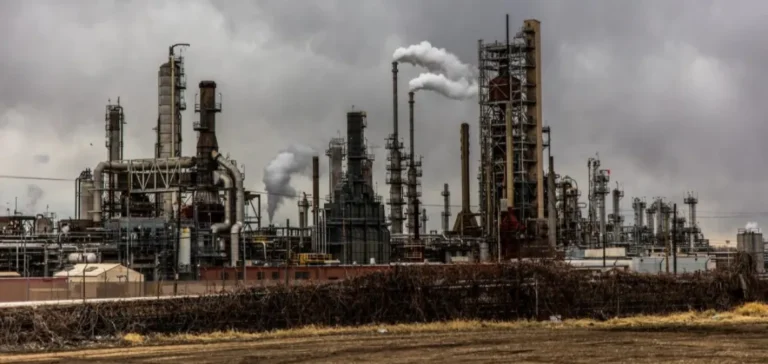The Venezuelan government has reaffirmed its demand for payment for all gas exports from the offshore Dragon field, located in its territorial waters. This statement follows the decision by U.S. authorities to grant a special licence allowing Trinidad and Tobago to resume commercial negotiations with Caracas.
Washington revives a long-stalled project
The Dragon gas field, located in northeastern Venezuela near the maritime border with Trinidad and Tobago, is estimated to contain 120 billion cubic metres of reserves. Initially frozen due to U.S. economic sanctions, the project received renewed approval in October. The Office of Foreign Assets Control (Ofac), an agency of the U.S. Department of the Treasury responsible for overseeing foreign assets, also authorised Chevron to resume operations at other sites in Venezuela.
Negotiations between Caracas, Port of Spain and Anglo-Dutch company Shell intensified in 2023, with the signing of a cooperation agreement for the development and export of Dragon’s gas. However, the financial mechanisms outlined in the agreement remain unspecified. Venezuela is now insisting on full financial compensation for any exported volume.
A strategic resource for Trinidad and Tobago
Trinidad and Tobago is currently the second-largest natural gas producer in the Caribbean. Development of the Dragon field is seen as a crucial opportunity to support the country’s economic recovery, which has been hampered by a prolonged recession and where 20% of the population lives below the poverty line.
The geographical proximity of the Venezuelan field to Trinidad and Tobago’s existing gas infrastructure, already operated by Shell, offers a logistical advantage for quickly establishing an export chain. According to authorities in Port of Spain, the project could help stabilise the supply of liquefied natural gas, a cornerstone of the national economy.
Political tensions amid energy interests
Venezuelan Vice President Delcy Rodriguez stated during an economic forum that “every molecule exported must be paid for,” stressing that this was not a diplomatic gesture but a commercial relationship governed by clear rules. Caracas intends to strictly regulate future exports, even if they benefit from special authorisations issued by the United States.
Trinidad and Tobago’s Prime Minister Kamla Persad-Bissessar expressed support for U.S. initiatives in the Caribbean, including the recent naval deployment officially linked to anti-narcotics efforts. She has also taken a firm stance in negotiations with Venezuela, although discussions remain open regarding the final structure of the commercial agreement on the Dragon field.






















